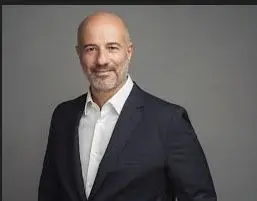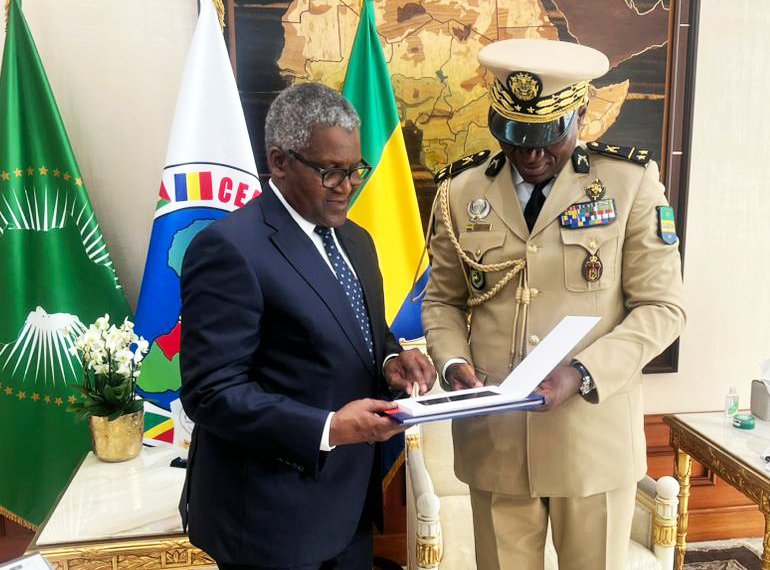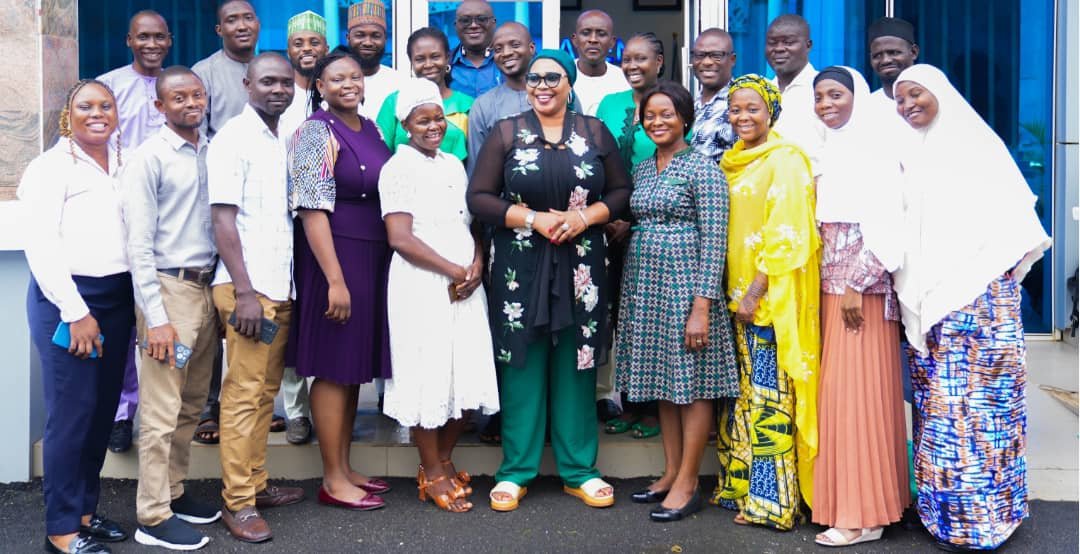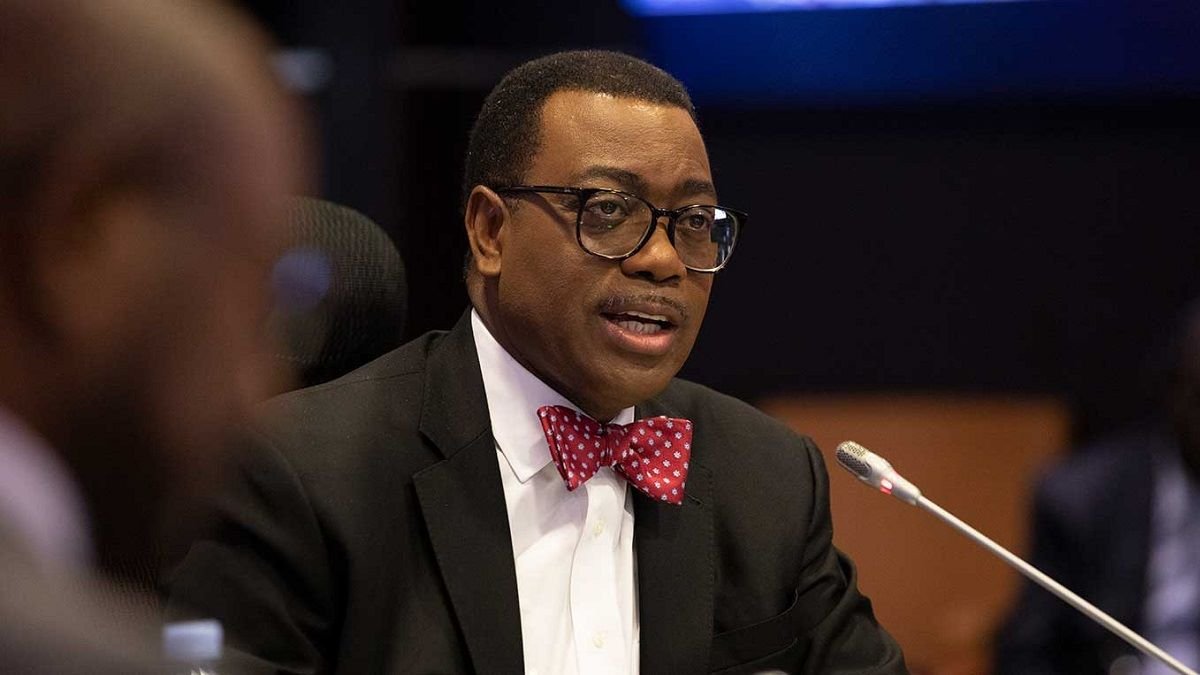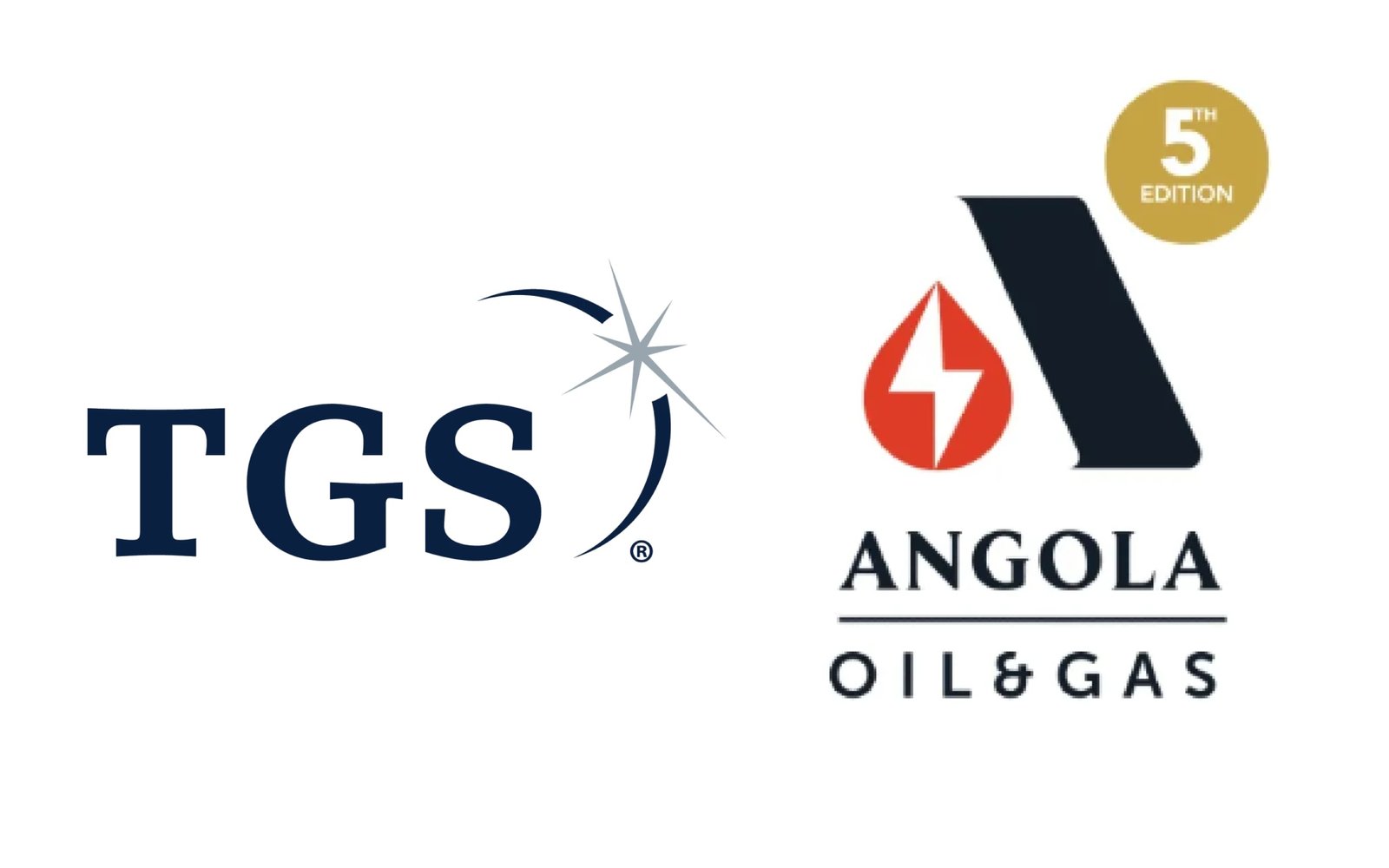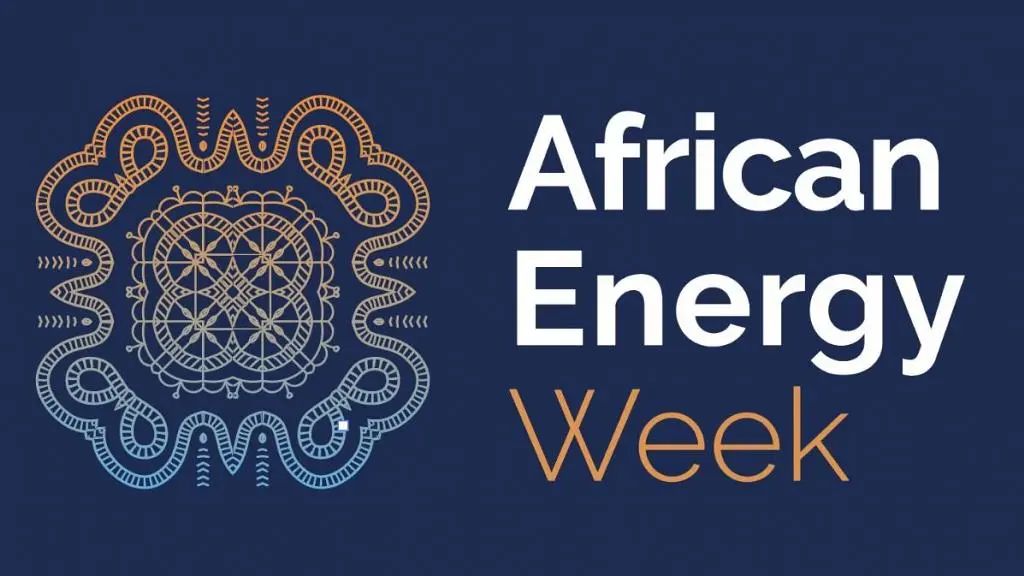INTERVIEW: Education is key to safe handling, and accident prevention in the LPG sector — Communications Director, WLPGA
In 2015, the World LPG Association (WLPGA) recognized the need to attract, retain, and support women in the Liquefied Petroleum Gas, LPG sector. As the authoritative voice for the global LPG sector, the WLPGA is uniquely positioned to implement such a network, which has culminated in many developments over the years. However, in this interview with Eyo Nsima, Editor, The Daily, www.thedaily-ng.com, Alison Abbott, Communications Director, WLPGA, who doubles as the global manager of WINLPG, speaks on a wide range of issues, including the mission, objectives, participation of women, programmes and projects, Coronavirus pandemic, and challenges in the sector, as well as solutions. Excerpts
What were the benefits of your first LPG webinar, which took place on October 22, 2020?
We held our first global webinar last year, originally because we had not been able to travel. However, we had over 300 registrations from over 30 countries, which demonstrated an appetite for this kind of content. The main benefits were that women (and men), who would not normally be able to travel to an event were able to logon, it was a free-to-attend event. Due to its success, we will be running more webinars in May and October this year.
Why has WINLPG been promoting increased participation of women in the LPG sector globally?
We recognized, some years ago, that women were under-represented in the LPG sector, if you think about it, it is women who, as consumers, often make the purchasing arrangements and are the main users (cooking, etc) yet there were few women in leadership and decision-making roles. There are excellent business reasons why having women executives is simply just good for business and we wanted our sector to show leadership in promoting women.
WINLPG aims to bring women, and men, together across all business sectors, ages, and levels to discuss and support the development of diversity within the LPG sector. WINLPG has three pillars of the objective.
First, to support and retain women already in the sector via a network through which women can further their professional development and access colleagues and mentors. Second, to promote role models and case studies via media and at sector events and, third in the longer term, to work with universities to educate and attract women, and young people, to the sector.
Kindly provide the details of WINLPG projects and programmes in the medium and long term?
In your opinion, what issues and problems hinder women and others from increased participation in the LPG sector?
We always aim to stay positive, and rather than think about what may hinder women, consider how we can empower them. However, there is a perception that the LPG sector may not be so exciting, is very male-dominated, and may not offer compelling career options. This is the perception the sector needs to change.
What do you think can be done to boost women-related investments in LPG?
I think that networks, including WINLPG, should invite men to be part of the debate, which we successfully do. Listen to the ideas and opinions of women in our sector, and women, in turn, should be supported and have the confidence to propose projects. WINLPG, as a movement, needs to be taken seriously and the issue of diversity should be given priority.
What factors account for the many LPG-related accidents in Africa and other parts of the world?
It is a difficult and delicate question, but safety has to be an absolute priority. At WLPGA, safety is a key part of communications work. We need to continuously embark on massive education. It should be the responsibility of everyone in the sector. Everyone needs to know the importance of following all safety procedures, and educating the consumers on the correct handling of LPG.
In what ways has COVID-19 affected the development of the LPG sector?
WLPGA produced a report which goes into this in complete detail, and I would highly recommend that your readers in Africa, and other parts of the world should download it (it’s another free report from WLPGA). The report, known as, ‘Cutting Through The Noise’ (https://www.wlpga.org/wp-content/uploads/2021/02/Cutting-Through-The-Noise-Public-Report.pdf) has it that in the COVID-19 recovery, LPG presents five very clear benefits: it is essential; it is resilient; it has a positive proven contribution to air quality; it is a rapid response fuel, and it has a long term role. These five findings prove that LPG has a positive role to play.


